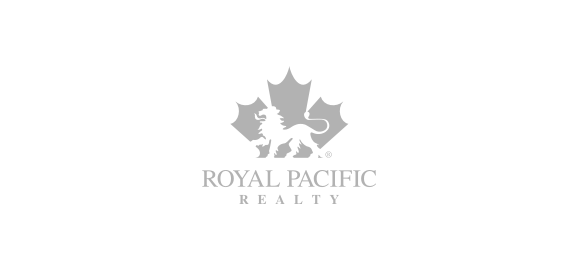Disclaimer: Please note that real estate agents, including those at Soldtoday.ca, are not representatives of either the buyer or the seller. Services are only available to buyers/sellers who have not yet engaged with an agent. This does not include any contractual agreements. Only under the condition of submitting a disclosure statement E. & O.E. does Soldtoday.ca make no guarantee regarding the completeness, reliability, or accuracy of the information on this site. Any actions you take based on the information found on this website are entirely at your own risk. We assume no legal responsibility for any loss and/or damage caused by the use of our website.
Eligible homebuyers can withdraw up to $60,000 CAD from their RRSP (Registered Retirement Savings Plan) for a down payment (up to $120,000 CAD for couples). The amount must be repaid within 15 years. Eligibility for a second use of the program applies to homebuyers who have experienced a breakdown in their marriage/common-law relationship, as well as those who have already repaid their RRSP. This can be used in conjunction with the "First-Time Homebuyer Savings Account" program (Canada Revenue Agency). The maximum amortization period for first-time homebuyers purchasing a new home has been extended from 25 years to 30 years, which will lower monthly payments.

